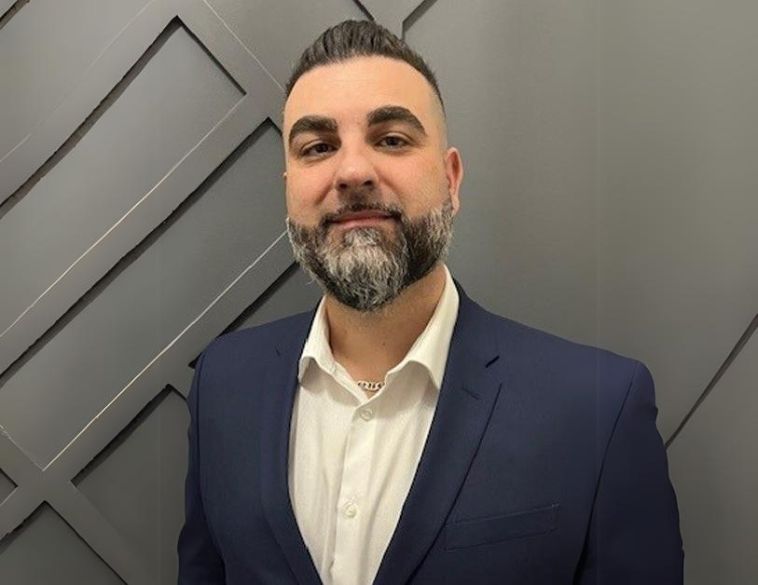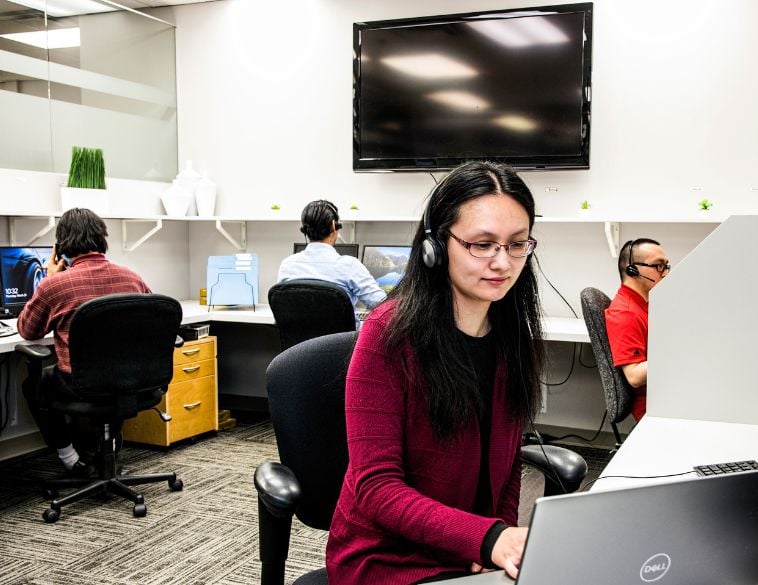Different cultures, similar objectives.
Having spent many years working in the chemical industry, David Lingham got involved with the collision repair business in 1989, initially working on the supplier side. In 2002 he established his own training and facilitating company, Orbis Worldwide. A few years later he became involved with the Fix Auto network.
Over time, that association has grown, and in 2016 Lingham was named as Head of Business for Fix Auto World, tasked with helping the network expands its global footprint on a full-time basis.
Recognized as a global thought leader on the collision industry and with many years of international experience in training and development, Collision Management asked him about some of the trends shaping the industry globally and how different countries rate in terms of business practices, profitability and innovation.
If you were to look back from the present, what would you say have been some of the most significant highlights/events of your career tothis point?
Meeting some amazing people in this industry in so many different countries has been a real highlight. And I am not just saying this, but being involved with Fix Auto at this exciting time is a real privilege. I have been given a new career just when I thought I would be taking it easier!
Can you tell us a little about your current role at Fix Auto World and perhaps some of the strategic initiatives you’re currently working on?
As Head of Business for Fix Auto World, I oversee all the developments in the nine existing regions we have, as well as develop business in many new regions and countries. Developing and growing the team is a key task for me, and I am proud of what we have achieved so far in such a short space of time. Now with the addition of NOVUS Glass, we also have to integrate that business. I will be ensuring that both brands seize the opportunity to present a very strong business case to franchisees, master franchisors and our customers and suppliers. Last but not least, offering our staff a great working environment to help them grow in an ever-changing environment is an important part of the job!
Given your extensive experience with international operations, what are some of the strengths/weaknesses you see regarding the collision industry in different regions, for example, North America, Europe and the Asia Pacific region?
Fundamentally, the process of repairing a damaged vehicle is the same, but there are differences in some local cultures and also business approaches. Consolidation in many parts of the world is little developed but this is sure to change, as insurers start to look to other regions to expand. The involvement of OEMs varies, but this will change as they seize opportunities to get more involved in body and paint.
Labour rates vary and efficiency levels can alter depending on the pressure and structure from insurers. One common theme is the desire for more trust and transparency between stakeholders.
Strengths can also be weaknesses. But I can honestly say you can see excellence in most markets. But you can also see some opportunity. Having a global presence can help transfer best practices much quicker.
How does Canada’s collision industry compare in terms of practice, partnerships, training etc. compared to some other key global markets such as the U.S., U.K. and Australia?
Heavy consolidation in Canada has helped mature great relationships between networks and insurers. CCIF has done a great job in bringing the industry together, and this has resulted in solid work on training and development. Reaching out to the consumer has proved to be a great success and in my view is more advanced than the rest of the world. Canada is a good example of everyone working together.
If we’re looking at things from a global perspective, what are some of the biggest challenges and perhaps opportunitiesyou see for the collisionrepair industry?
The challenge for repairers is to show that they add value and that it is not just about repairing a vehicle well. Consumer trends are changing. The advent of social media and the different approach from the younger generation mean that errors or customer issues will be quickly exposed.
This need to adapt to the next generation reminds us of the global shortage of young talent in the collision repair industry.
Repairers are starting to feel this and we at Fix Auto are taking a stance. Starting in Australia, we are setting up the Fix Auto Youth Programme, designed to educate students on the advantages of our industry and to enable repairers to build relationships with trade schools and young professionals in training.
Additionally, using data to measure performance is essential now. Insurers in some countries are using data to help measure and manage their networks, which will be of benefit to the good performers.
Consolidation among all stakeholders will continue to increase, but leadership of people will have to take centre stage. Despite the Internet and new technologies, well-trained and led people will always be a keen differentiator in this business.
Is there anything else you’d like to mention?
Just a tip: Be curious. Keep asking questions. Accept change because it never stops.


